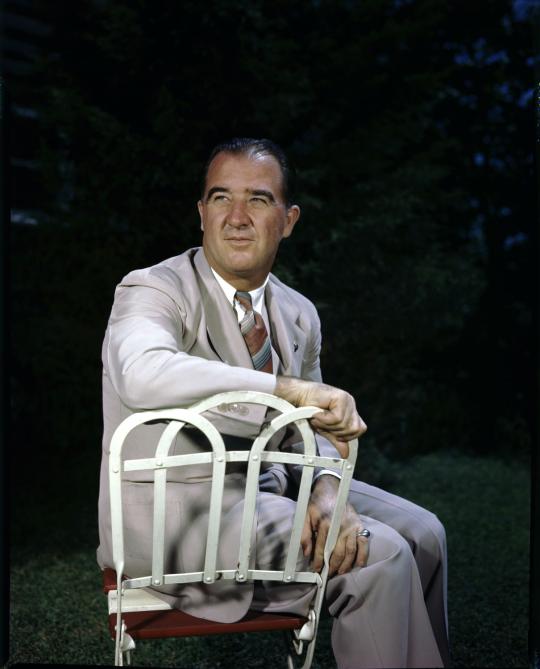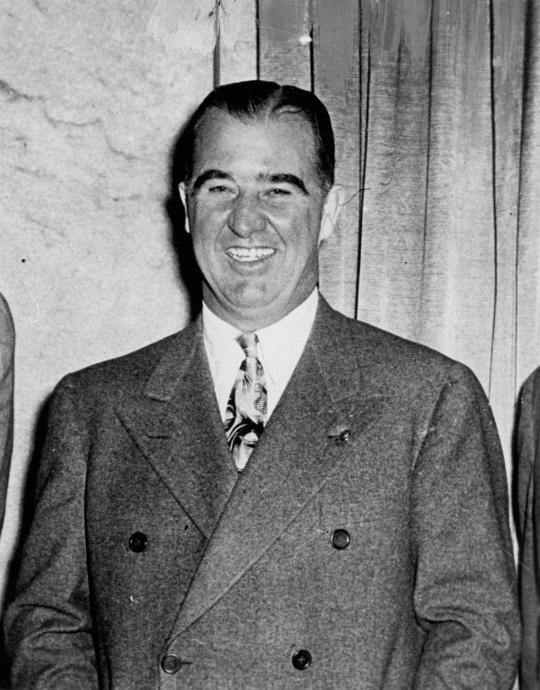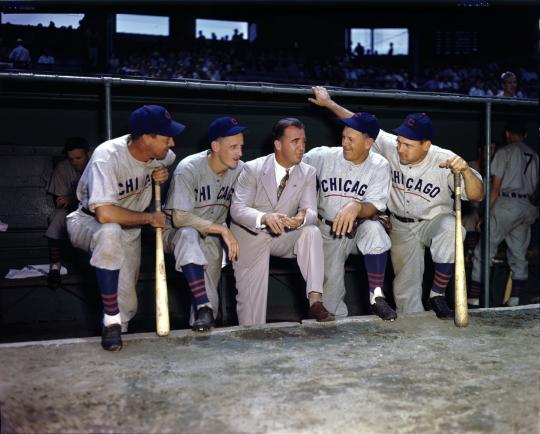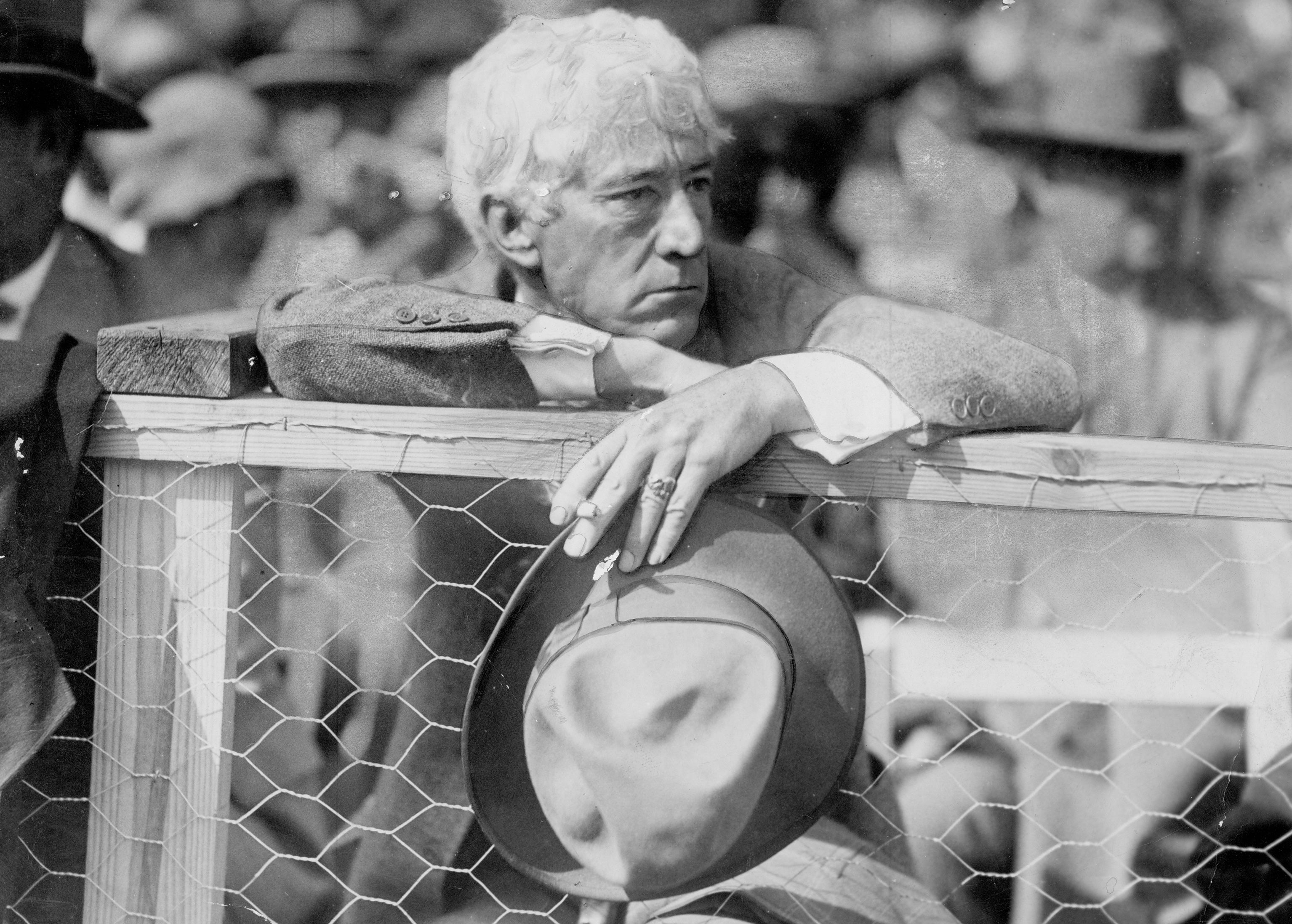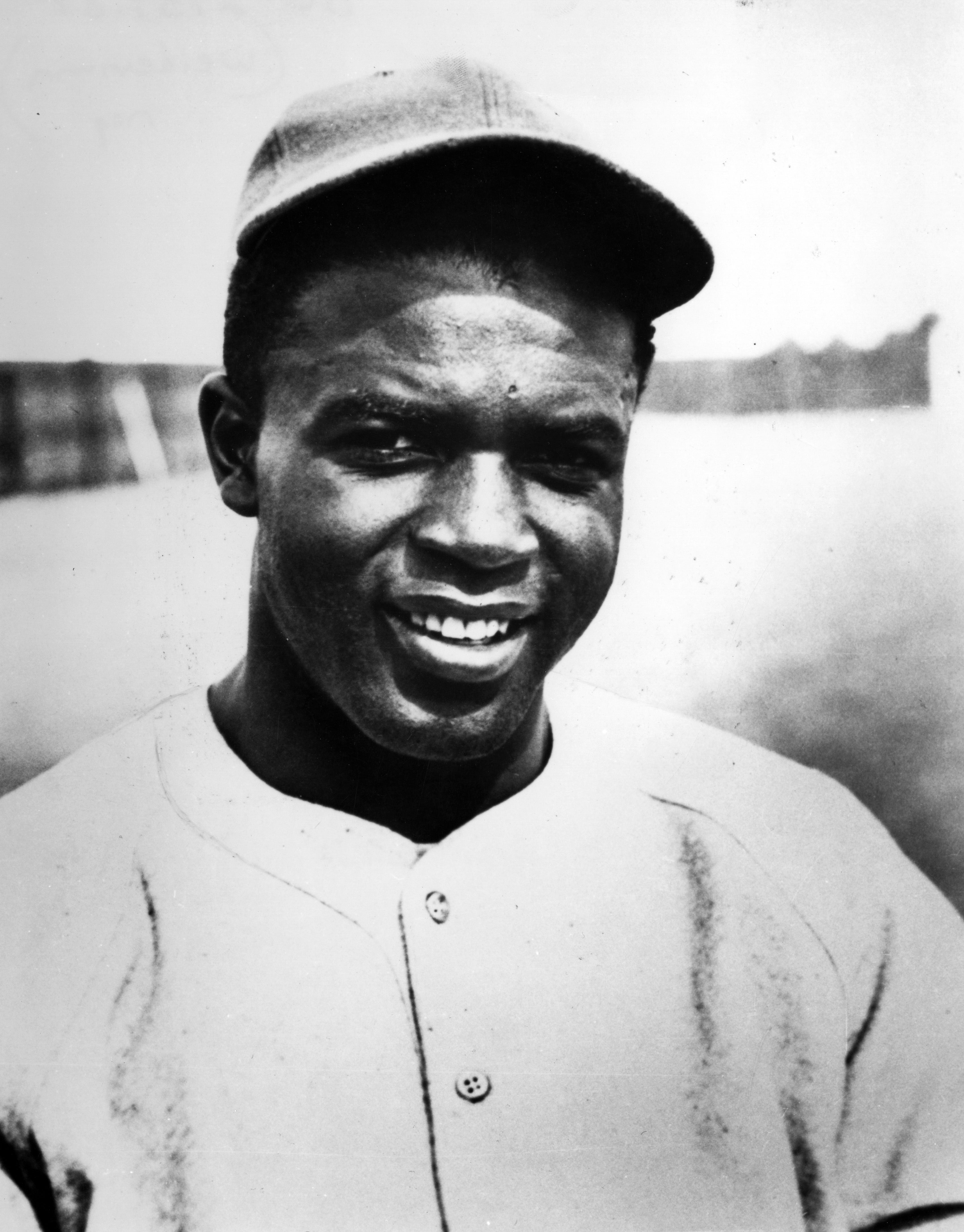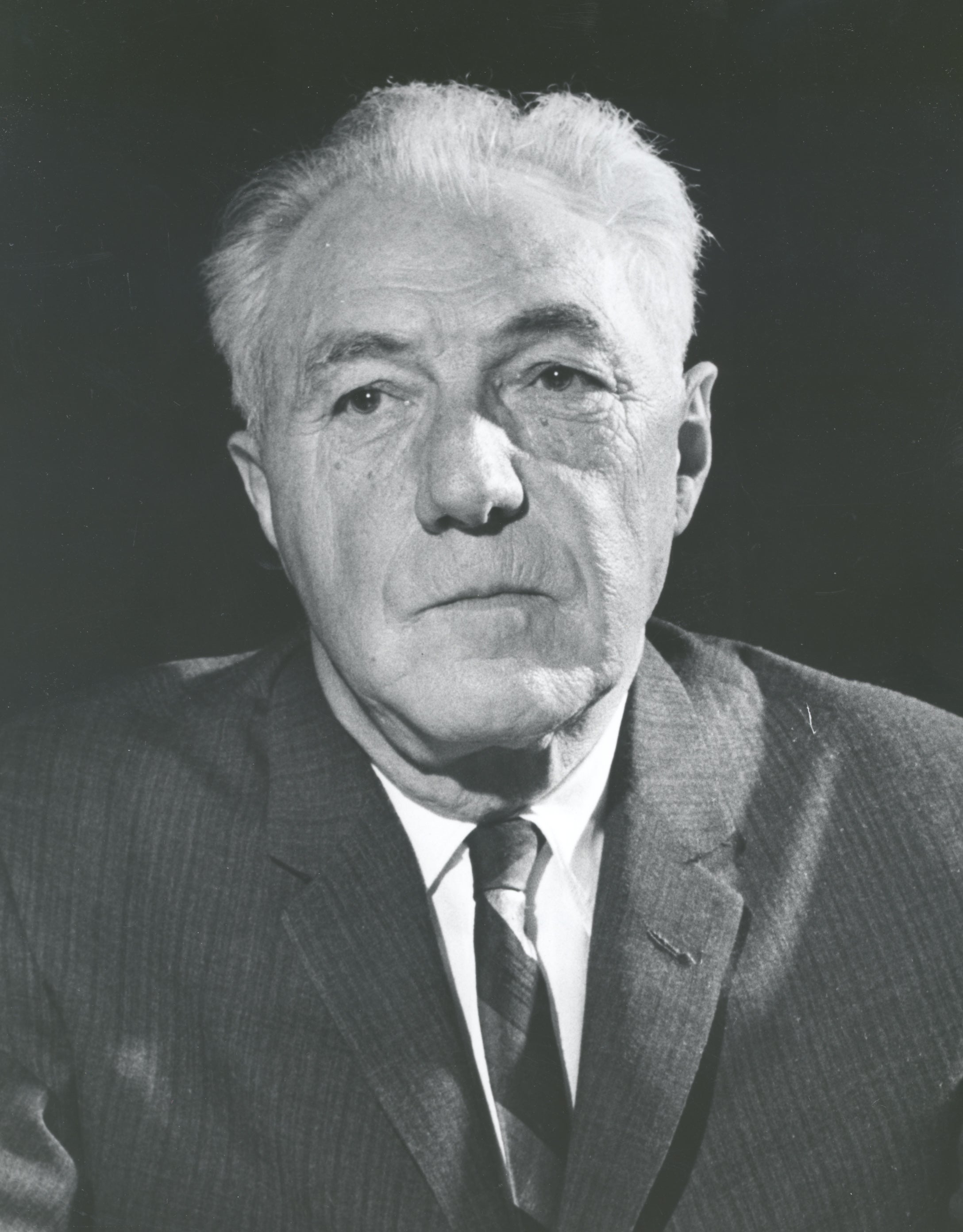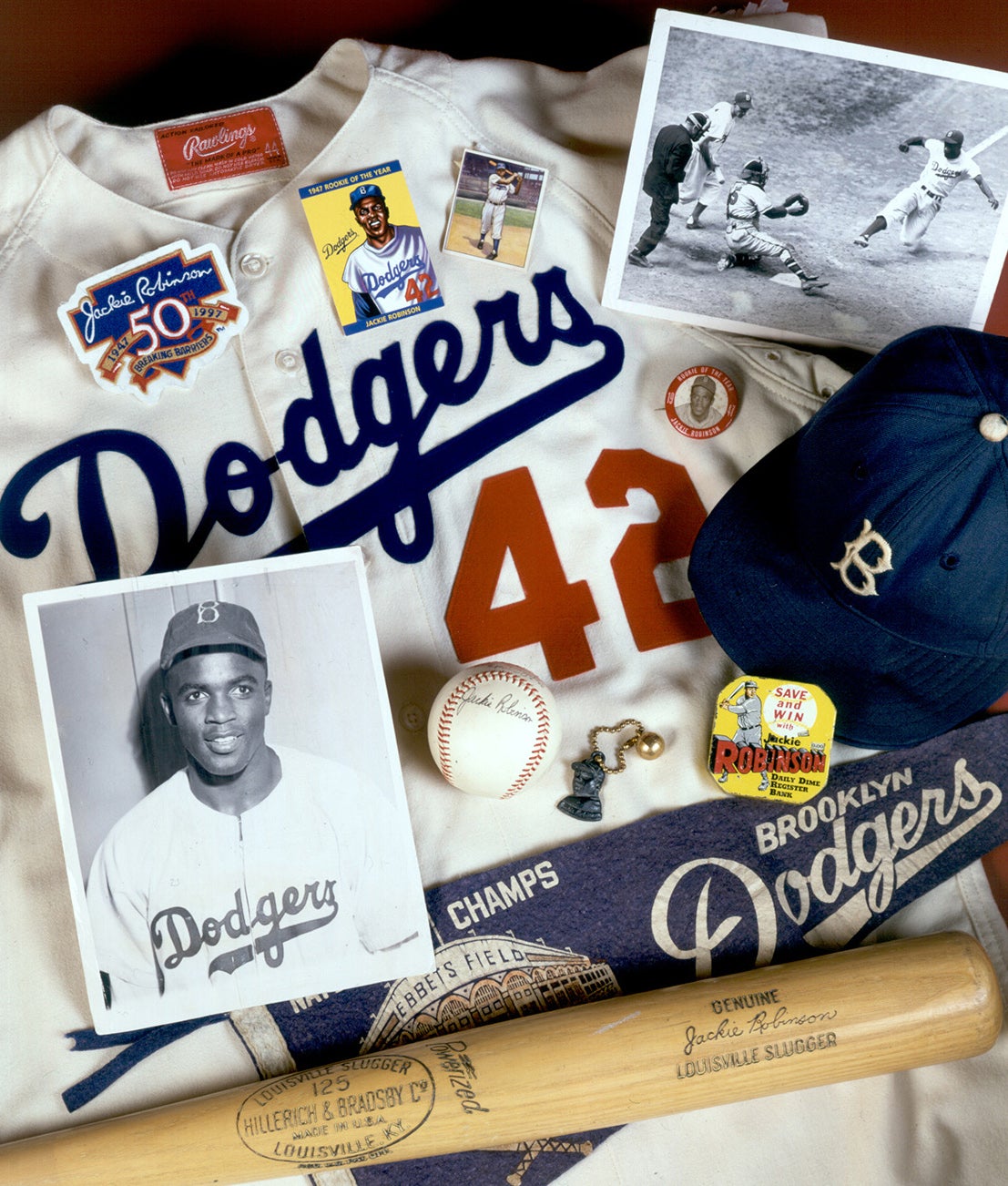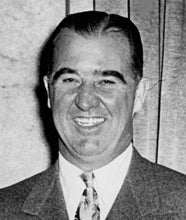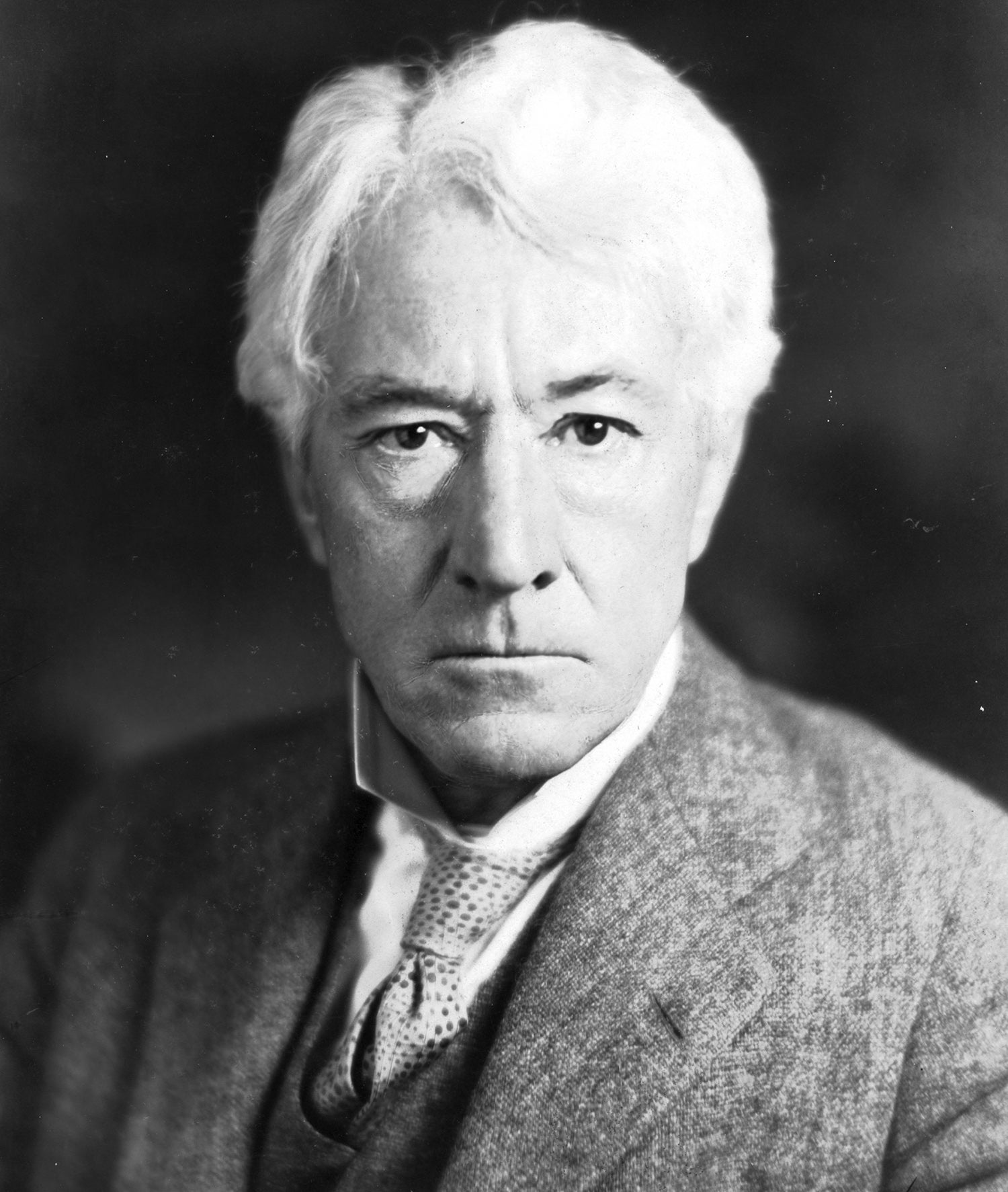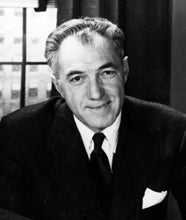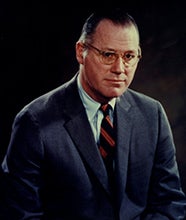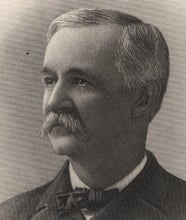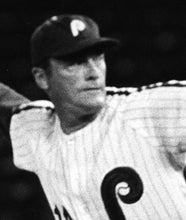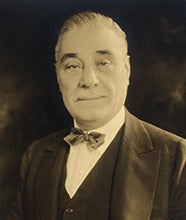- Home
- Our Stories
- Chandler’s election changes future of baseball
Chandler’s election changes future of baseball
After Kenesaw Mountain Landis passed away, someone had to face the difficult challenge of replacing the first commissioner of baseball.
On April 24, 1945, future Hall of Famer Happy Chandler was elected as the second commissioner of baseball. The former Governor of Kentucky and U.S. Senator beat out other candidates such as National League President Ford Frick for the position.
Born Albert Benjamin Chandler, “Happy” was recommended to become the new commissioner of baseball by good friend and general staff of the War Department in Washington, John Gottlieb. Team owners wanted someone who understood how to represent baseball’s concerns in Washington.
Chandler’s political background and the $50,000 salary offer – five times what he was making as Senator – was enough to convince him to accept the job.
Due to World War II, Chandler remained in office as Senator until later that year, leaving interim commissioner Leslie O’Connor in charge. After the war ended, Chandler took full control of his duties as the commissioner of baseball. Chandler made his biggest impact as commissioner when he helped end segregation in baseball. He supported Dodgers President Branch Rickey’s signing of African-American Jackie Robinson in 1947, officially breaking baseball’s color line.
One of the biggest dilemmas to happen during his term as commissioner, however, came in 1946. Mexican millionaire Jorge Pasquel was giving out large bonuses and salaries to MLB players who left America to play in his Independent Mexican League. Chandler took immediate action, invoking a five-year ban on any player that did not return to MLB by April 1, 1946.
The ban worked, as most players returned and remained in America.
Known as a player’s commissioner, in 1947 Chandler helped create a player pension fund with revenue generated from a new radio broadcast deal worth $475,000. In 1949, he made another deal worth $4.37 million over seven years with Gillette and Mutual Broadcasting System for rights to air the World Series. The following year, another contract between the same two companies was signed, this time worth $6 million, with most of the revenue going toward helping fund the player pension fund.
With Chandler’s contract coming to an end and no extension in sight, he resigned as commissioner on July 15, 1951. Chandler returned as governor of Kentucky shortly after, serving another term in office beginning in 1955.
“Happy was somebody I loved like my own father. He was as fine and memorable a person as the game ever produced, and that’s over 150 years” said former commissioner of baseball Bowie Kuhn.
One of four Hall of Famers to have served in Congress – along with Morgan Bulkeley, Jim Bunning and Jacob Ruppert – Chandler was inducted into the Baseball Hall of Fame by the Veterans Committee in 1982.
Nick Anapolis was a public relations intern at the Baseball Hall of Fame

